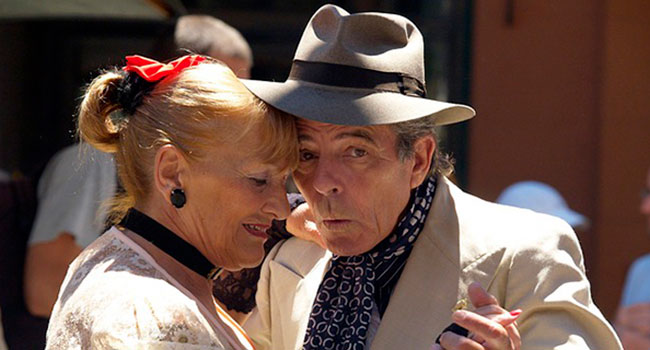 A lot of my friends are retiring. And there are many retirement models being thought about, reviewed, argued and applied or avoided. But it doesn’t really appear to me that any of them were exhaustively analyzed before selection.
A lot of my friends are retiring. And there are many retirement models being thought about, reviewed, argued and applied or avoided. But it doesn’t really appear to me that any of them were exhaustively analyzed before selection.
In fact, many seem to be derived from previous family practice (i.e. what parents did), simply made up day-to-day, wishful thinking, not really retiring (e.g. continuing to work, but now unpaid, as a volunteer), indulgence of dreams until the money runs out (often a rather short-lived option), and planning that’s continually exhausting and never really applied.
I do have one thoughtful friend who’s living day-to-day, absolutely not working and deliberately considering new frontiers. This is not a long-term plan obviously, but rather to buy time to get serious after some analytic thought about what could now be.
This route is very interesting to me, because my path has been pointedly predictable and is becoming problematic in year three of its application at age 68.
I’ve chosen to continue working in fields I’ve always enjoyed (environmental and cultural activism) and sit on five boards. I chair two (one national and one local), and beaver away loyally on three others. Only one pays me (it’s a private-sector endeavour and I’m there essentially because of my career activism); the others enjoy my free labours for several hours every day.
And because I like to write opinion pieces (I’ve done so for the Calgary Herald and now Troy Media since 2002), I do that, too. Also for free.
Those who know me well ask a pointed question: Why are you doing all this work, basically for free? My 96-year-old mother has asked this question since 2002 when my pieces began to appear and my non-governmental organization board duties began to mushroom. My other family members basically ask the same question, and wonder out loud if I’m doing what I really want to do, or more predictably, “being a good boy and doing free work out of a misguided sense of duty?”
This question is enjoying more evaluation than normal now because I have new options. My wife has just retired. All of a sudden, we can both spend all of our time doing precisely what we want to do. Travel is on offer potentially 24/7 (until advancing age dims possibility and enthusiasm), and I’m being encouraged to risk new experiences and embrace change.
So why not?
All of this is occurring at a time of churning and changing currents and tides in society. For the first time (at least in my experience of white, inherited, patriarchal privilege), old white men as a class are being openly challenged as elders and wisdom holders.
This is not necessarily a bad thing but it is new.
There’s a growing call for diversity in all social, cultural, gender, age and ethnicity aspects of voluntarism, and especially NGO governance. Reconciliation, #MeToo, economic disruption, boomer versus millennial angst, @realdonaldtrump, the climate crisis, and many very local concerns are playing out in various aspects of volunteer life.
As someone with a 40-year history of broad-based community voluntarism, I’ve never seen as much change at play. How does one retire into this new socio-political climate?
As far as I can see, the answer is: thoughtfully.
So where do we go from here, fellow retirees?
First, I suggest slamming the brakes on retirement. Then give yourself some time – say six months – to evaluate options. Be honest with your ego and let your imagination troll through deep waters. What have you missed out on, not done or avoided for any reason that might intriguingly occupy the fourth quartile of your life?
You might start with the presumption that you’ve worked enough. Total play might be an option.
Mom cautions that death of friends and family, and dementia have to be factored into your planning. She lives in a retirement community where human presence exists and mental acuity is absenting. Many of us are living longer, but diminished, lives.
Know this. And plan, act and thrive. Rage against the dimming of the light.
Troy Media columnist Mike Robinson has been CEO of three Canadian NGOs: the Arctic Institute of North America, the Glenbow Museum and the Bill Reid Gallery.
The views, opinions and positions expressed by columnists and contributors are the author’s alone. They do not inherently or expressly reflect the views, opinions and/or positions of our publication.


